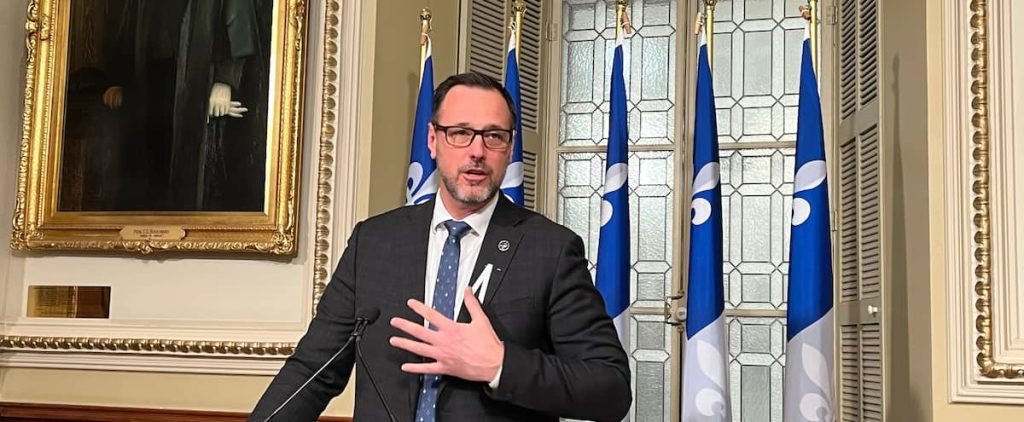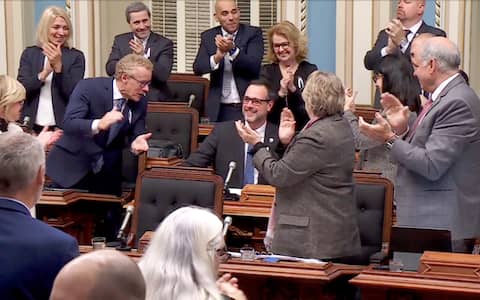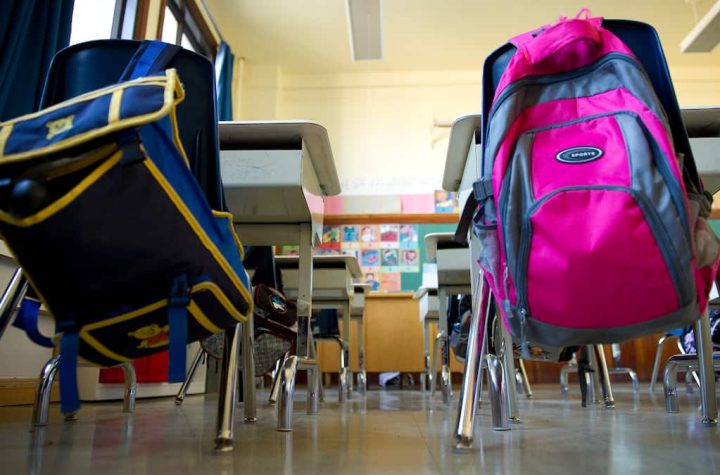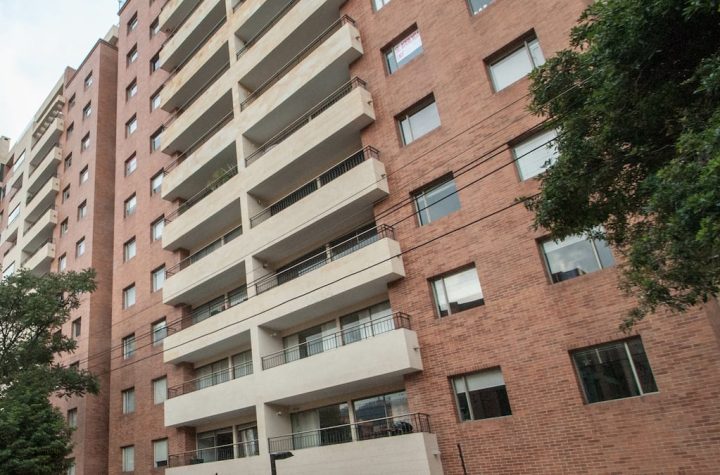
The passage of legislation by Friday in Quebec’s National Assembly making it optional to swear an oath to the king could prompt other Canadian provinces or other Commonwealth states to do the same.
• Also Read: [EN IMAGES] Turning to the door of the Blue Room, the PQ will not sit down before the oath to the King is revoked
• Also Read: PQ Denial in the Blue Room: The Global Media Debate About It
That’s the scenario envisioned by Jean-Francois Roberge, the minister responsible for democratic institutions, who introduced his bill on Tuesday to end the mandatory oath for Charles III.
“Quebec leadership has been expressed so often in history. Once again, I think we are going to mark the time,” welcomed Mr. Roberge.
Screenshot TVA News
Jean-Francois Roberge, the minister in charge of democratic institutions, was applauded by all deputies in the Blue Room on Tuesday after presenting his bill to end the mandatory oath with the king. He said that he is confident that his bill will be approved by Friday with the cooperation of the opposition parties.
“Others may be inspired by us, but I’m not doing it for the sake of it, I’m definitely doing it because my complete and total loyalty is to Quebecers,” he continued.
The domino effect
It’s also what PQ leader Paul Saint-Pierre Plamondon believes his colleagues like Pascal Bérubé and Joel Arceneau can’t sit in the Blue Room because they don’t swear an oath to the king.
- Listen to an interview with Jean-Francois Roberge, Minister responsible for Democratic Institutions, on QUB Radio:
“Once Quebec swears an oath to the king, we will see other Canadian provinces do the same. […] It is very possible that it will have a domino effect,” said the leader of the Parti Québécois.
Analysis shared by constitutionalist Patrick Taillan. “This will encourage other provinces to want to do the same thing,” commented the full professor at Laval University’s Faculty of Law.
Quebec can also serve as an inspiration beyond our borders. “It will be talked about elsewhere in the Commonwealth”, opined the constitutionalist.
“For example, a country like Australia, which has already held a referendum on abolition, which has long had a more mature public opinion on the abolition of the monarchy, may be willing to say good. In the meantime we will at least make this gesture,” said Mr Tylon.
A “very clean” bill
The portion of the legislation presented on Tuesday contains only two articles, if not one, as the second only mentions the date on which the legislative amendment will enter into force, i.e. its approval.
“They can’t understate it. It’s really, really refined,” Mr. Tylon observed.
Article 1 amended the 1867 Constitution Act to ensure that the mandatory oath of allegiance to the British monarch did not apply in Quebec.
On a technical level, the Legault government continued the same with Bill 96 on the French language, by passing legislation to replace the old law.
“It’s legally very good,” Minister Roberge told the welcoming parliamentary press. He said that he is confident that his bill will be approved by Friday.
The minister said that we feel that we have the support of all parties.
“We will cooperate so it will be adopted on Friday,” interim Liberal leader Marc Tanguay assured Tuesday morning. […] The Working Group has taken a common position and that will be one common position for all. »
Personally, after amending the law, Mr. Tanguay was supposed to take the oath of the people of Quebec.
What does Bill 4 say?
An Act to recognize the oath provided in law respecting the National Assembly as the only binding oath to sit therein.
Explanatory notes
- The purpose of the bill was to abolish the obligation to take the oath of allegiance to the King and to take membership provided for in the Constitution Act, 1867, which members must meet to sit in the National Assembly.
- To this end, the Bill exempts Quebec from the application of section 128 of that Act to the Constitution Act, 1867, which provides for such an obligation.
The Parliament of Quebec passed orders as follows:
1 – The Constitution Act, 1867 is amended by inserting after section 128 the following: “128Q.1. Section 128 does not apply in Quebec. »
Final provision
2 – This Act shall come into force at (insert here the date of the sanction of this Act).






More Stories
How List Acquisition Helps Your Political Campaign Become Successful
Four escaped cows were caught
A simple administrative decision? | Press